Humanism • Spirituality • Well-being
-
0
Product
Products
No products
To be determined
Shipping
0,00 €
Total
Prices are tax included
Product successfully added to your shopping cart
Quantity
Total
There are 0 items in your cart. There is 1 item in your cart.
Total products
(tax incl.)
Total shipping (tax incl.)
To be determined
Pourquoi y a-t-il quelque chose plutôt que rien ?
Description
Despite the proclamations of the “death of metaphysics”, philosophy can now no more than it could yesterday, avoid metaphysical interrogation. If it chose to forgo the enquiry of questions regarding the hereafter, it would clear a way for all manner of irrational speculation, for the Charlatanism of the spiritual quest and the peddlers of enlightened illusion. The question “Why is there something rather than nothing?” Seems to bring together some of the virtues and all of the sins associated with metaphysics. Certainly unsolvable, it reveals its absurd, outdated and even inept nature. Clearly radical, it indicates the inevitable, necessary and even ultimate element of metaphysics. This is in any case a cluster of difficulties and concepts about which classic doctrines are still far from having exhausted the possibilities and discussion of which continues to prove fruitful. The first part of this book therefore examines the question itself: is it one or multiple, does it have meaning or not, what reasons have we been able to put forward and disqualify or attempt to answer it. The second part is dedicated to the deeper analysis of new, possible answers, leading us to other problems: the plausibility of theist and naturalist answers, the conceivability of nothingness, the impossibility of an empty world, the limits of the principle of sufficient reason. TABLE OF CONTENTS• Reduction, blockage, displacement: the art of disqualifying the question, by Elijah During and David Rabouin• A typology of answers to the question, by Frédéric Ferro• A hybrid question?, by Francis Wolff• The insufficient answer of Theism, by Paul Clavier• Canonical question and facticity, by Quentin Meillassoux• There is n empty world, by Frédéric Nef and Franck Lihoreau• Sufficient reason and its timeliness, by Jean-Baptiste Rauzy
Characteristics
| Author | FRANCIS WOLFF | |
| Editor | PUF | |
| Number of pages | 225 | |
| Type of book | Broché | |
| Language | French | |
| Dimensions | 15 x 21,6 |
Contemporary philosophical essays
-
Books
- Western traditions
-
Western mystical authors
- Bacon Francis
- Boehme Jacob
- Bruno Giordano
- Davy Marie-Madeleine
- Desjardins Arnaud
- Dürckheim Karlfried Graf
- Eckartshausen Karl von
- Lévi Eliphas
- Maier Michael
- Maître Philippe
- Mystiques chrétiens
- Papus
- Paracelse
- Pic de la Mirandole Jean
- Saint-Yves d'Alveydre Alexandre
- Schwaller de Lubicz René Adolphe et Isha
- Sédir
- Souzenelle Annick de
- Steiner Rudolf
- Swedenborg Emmanuel
- Teilhard de Chardin, Pierre
- Vinci Léonard de
- Oriental traditions
- Oriental mystical authors
- Other traditions
- Religions
- Symbolism - Wisdom- Spiritual practices
- Philosophy- Utopias
- Prayer - Meditation- Visualisation
- Science and spirituality
- Gift books
- Arts divers (Peinture - Sculpture - Architecture - Danse ...)
- Music
- Novels - Tales - Poems
- Biographies
- Audiobooks
- Health
- Psychology
- Inner fulfilment
- Children' s books
- Death - NDE - Palliative care (support to the terminally-ill)
- Reincarnation - Karma
- Ecology - Nature
- Feng Shui - Geobiology
- Tarots - Pendulums
- Foreign mystical literature
- Coffee-table books
- Rosicrucian books
- Martinist books
- Incense
- Ritual objects
- Music
- Health and well-being
- Gift Ideas
- Rosicrucian and Martinist items
from 95€
change your mind
payment






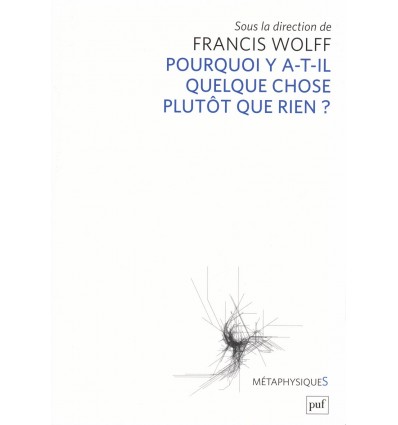


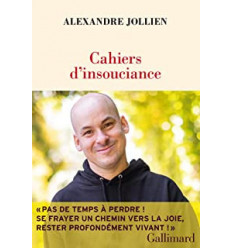

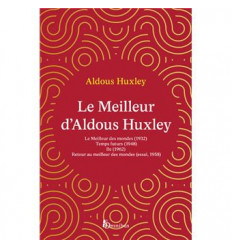
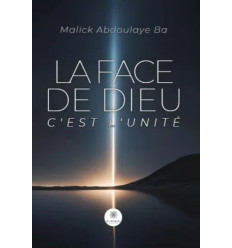
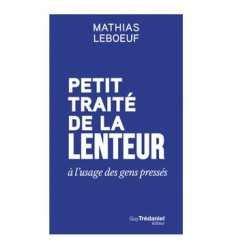
Follow us